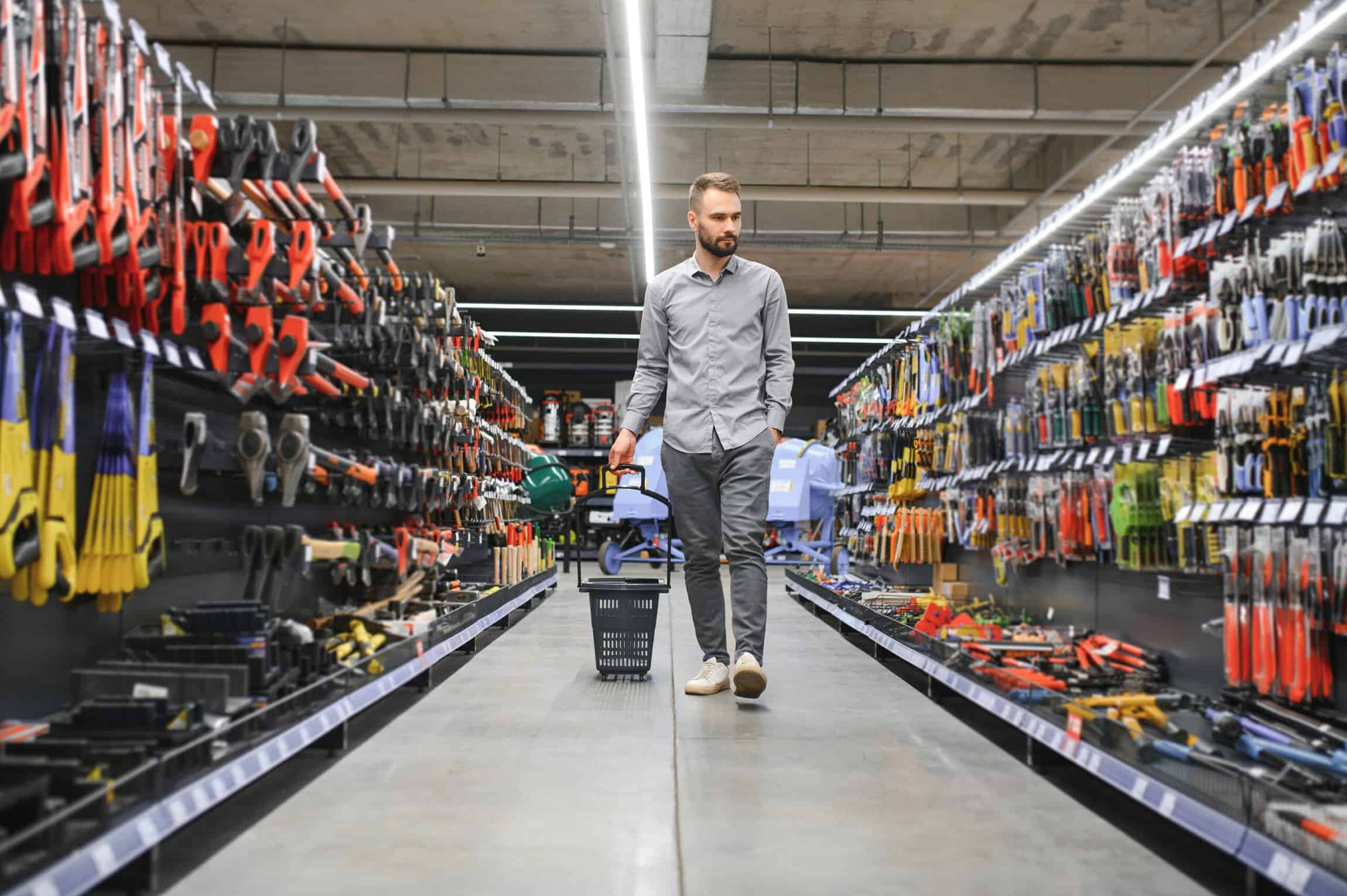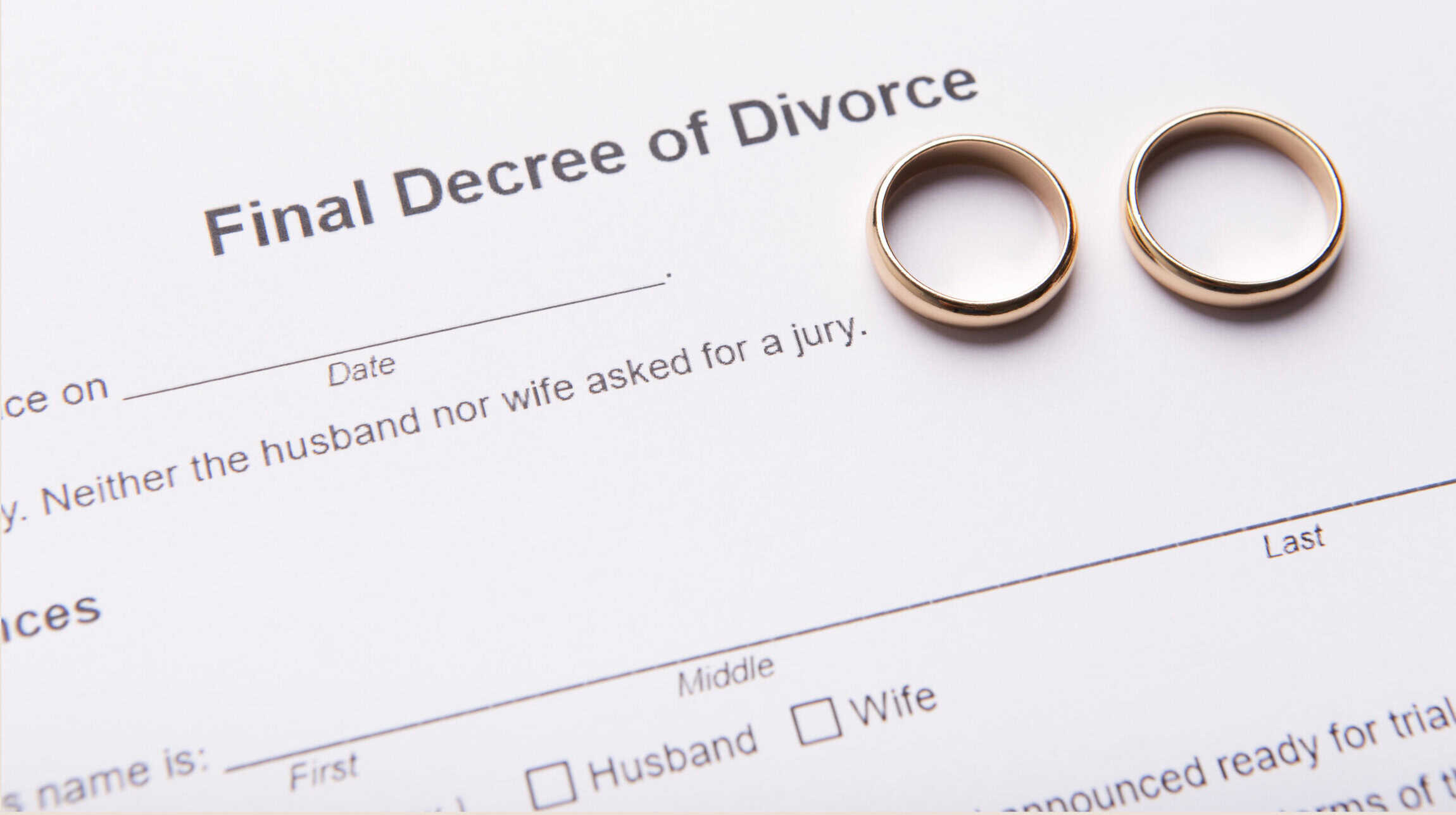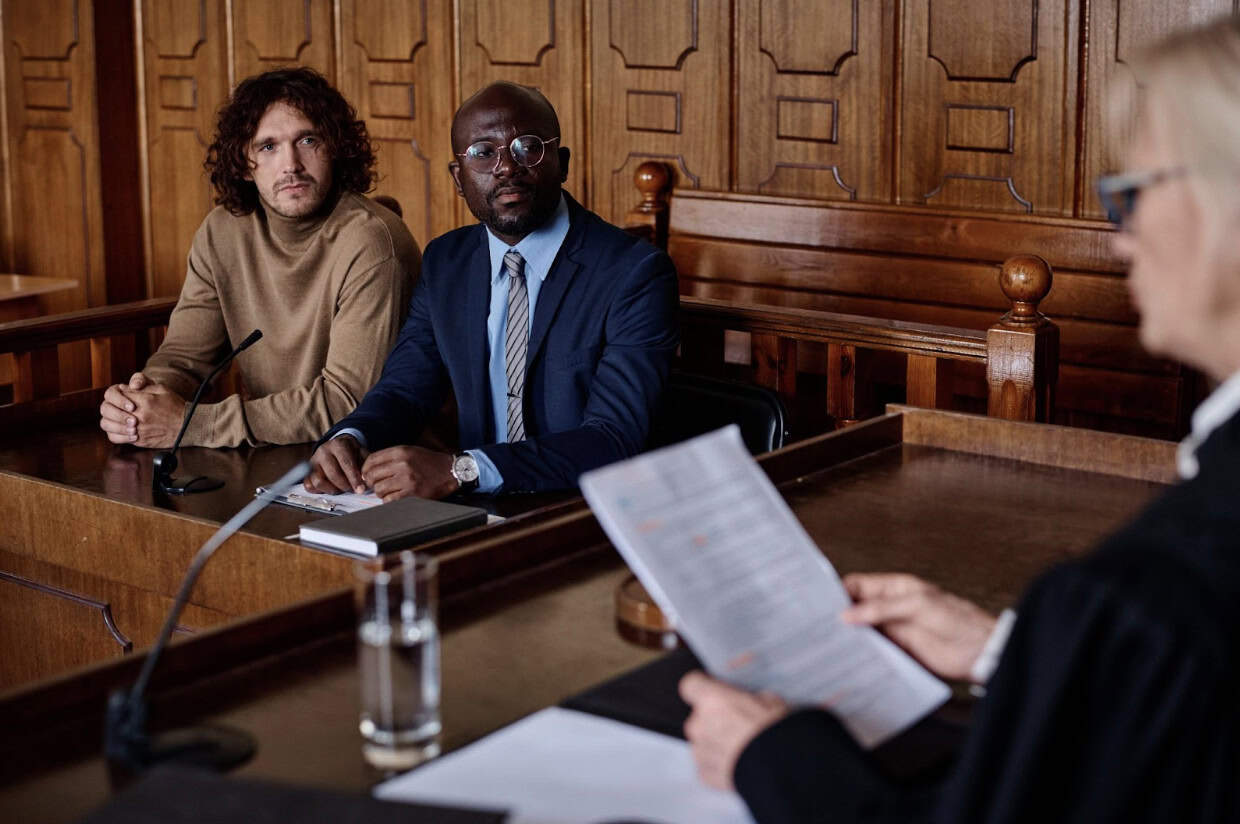Shopping at a store should be a safe and routine activity, but accidents can happen when falling objects cause serious injuries. These incidents, whether they involve items tumbling from high shelves or poorly secured displays, can result in unexpected medical bills, lost income, and emotional distress. Understanding who is liable for such accidents is crucial for ensuring you receive proper compensation.
This blog will explore the key aspects of store liability law for falling objects, what evidence is needed to prove negligence, and how a premises liability attorney can help protect your rights.
What Is Premises Liability?
Premises liability is a legal concept that holds property owners and operators responsible for maintaining safe conditions on their property or premises. This duty of care extends to retail stores, ensuring they provide a secure environment for customers and employees.
When it comes to falling object injuries, premises liability laws require store owners to take reasonable precautions to prevent hazards. Failing to do so may result in liability for any injuries that occur as a result of the owner’ negligence.
How Premises Liability Applies to Falling Objects
Falling objects are a common cause of premises liability claims. Whether it’s an item improperly stacked on a shelf or a heavy display fixture that topples over, stores must take proactive steps to prevent these dangers. If a store fails to take reasonable care to address these risks and someone gets injured, they can be held legally accountable.
Common Causes of Falling Object Injuries in Stores
Falling object accidents in stores can occur for a variety of reasons, many of which are preventable with proper precautions.
Improperly Stocked Shelves
Overstocking shelves or failing to secure items properly can easily lead to falling objects. When merchandise is piled too high or stacked haphazardly, it creates a dangerous situation for customers passing by.
Negligent Display and Equipment Use
Stores often use racks, displays, and other equipment to showcase products. If these fixtures are not securely anchored or are poorly maintained, they can become unstable and pose a risk of toppling over.
Employee Errors
Store employees are responsible for stocking shelves, setting up displays, and managing inventory. Mistakes during these tasks, such as placing heavy items on unstable surfaces, can lead to accidents involving falling objects.
Injuries Caused by Falling Objects
Falling objects can cause a wide range of injuries, depending on the size and weight of the item and the severity of the impact.
Types of Injuries
Common injuries from falling objects include head trauma, concussions, broken bones, cuts, and bruises. In severe cases, some fall victims may suffer from spinal injuries or permanent disabilities.
Long-Term Effects of Falling Object Injuries
Serious injuries can lead to prolonged medical treatment, physical therapy, and ongoing pain management. Victims may also experience emotional distress and a reduced quality of life due to their injuries.
Determining Liability for Falling Object Injuries
Establishing liability is a critical step in pursuing compensation for falling object injuries.
The Store’s Duty of Care
Retail stores have a legal obligation to provide a safe environment for the safety of customers and employees. This includes regularly inspecting shelves, securing heavy items, and addressing any hazards that could lead to falling objects.
Proving Negligence
To prove negligence in a premises liability case, you must demonstrate that the store failed to uphold its duty of care. This involves showing that the store knew or should have known about the hazardous condition and did not take appropriate action to fix it.
Employee vs. Employer Liability
In some cases, individual employees may be responsible for creating unsafe or dangerous conditions themselves. However, employers are often held liable for their employees’ actions under the legal doctrine of vicarious liability.
Evidence Needed to Prove a Premises Liability Claim
Strong evidence is essential for proving a premises liability claim and securing compensation for your injuries.
Incident Reports and Store Records
After a falling object accident, report the incident to store management and request a copy of the incident report. This document serves as an official record of the accident and can be valuable evidence in your case.
Surveillance Footage
Many retail stores have security cameras that capture activity on the premises. Surveillance footage can provide clear evidence of how the accident occurred and who may be at fault.
Witness Testimonies
Eyewitness accounts from other customers or employees who saw the accident can support your claim by corroborating your version of events.
Medical Records and Expert Testimony
Comprehensive medical records are crucial for documenting the extent of your injuries and linking them to the falling object accident. Additionally, expert testimony from medical professionals or accident reconstruction specialists can strengthen your case.
Defenses Stores May Use in Falling Object Cases
Stores may employ various legal defenses to avoid liability for falling object injuries. Being aware of these tactics can help you prepare a strong case.
Contributory Negligence
The store may argue that your actions contributed to the accident. For example, they might claim you ignored warning signs or were behaving recklessly at the time of the incident. Under Virginia’s contributory negligence laws, even a small amount of fault on your part could bar you from recovering compensation.
Assumption of Risk
Stores might assert that you knowingly entered a potentially hazardous area and accepted the risk of personal injury. This defense is more challenging for them to prove, especially in cases where no warning signs were present.
Lack of Notice
To avoid liability, a store may claim they were unaware of the dangerous condition that caused the falling object. However, if you can show that the hazard existed for a significant amount of time, the store property owner may still be held responsible.
Steps to Take After a Falling Object Injury
If you’ve been injured by a falling object in a store, taking the right steps can significantly impact the outcome of your claim.
Report the Incident
Notify store management about the accident and request an incident report. Be sure to have store manager immediately obtain a copy for your records. This report serves as an official account of what happened and establishes that the store was made aware of the incident.
Seek Immediate Medical Attention
Your health should be your top priority. Seek medical attention immediately, even if your injuries seem minor. Prompt medical evaluation creates a record of your injuries, which can be vital evidence in your case.
Document Everything
Take photos of the accident scene, the object that caused your injury, and any visible injuries. Keep detailed notes about what happened, including the time, location, and any conversations you had with store employees or witnesses.
Consult a Premises Liability Lawyer
Navigating a premises liability claim can be complex, especially when dealing with insurance companies and legal defenses. Consulting an experienced premises liability attorney ensures your rights are protected and increases your chances of securing fair compensation.
The Role of a Premises Liability Attorney
An experienced attorney can be invaluable in helping you navigate the legal process and maximize your compensation.
How an Attorney Can Help Your Case
A premises liability attorney will investigate your case, gather evidence, and build a strong claim on your behalf. They will also handle negotiations with insurance companies and represent you in court if necessary.
Maximizing Compensation
Your attorney will work to ensure you receive compensation for all damages, including medical expenses, lost wages, and pain and suffering. They’ll also help you understand the long-term financial impact of your injuries and seek appropriate compensation for future costs.
Trust Renfro & Renfro to Protect Your Rights
When a falling object in a store disrupts your life, you need a dedicated legal team to fight for your rights. At Renfro & Renfro, we are passionate about helping our clients in Fredericksburg, Richmond, and beyond secure the compensation they deserve. Our personalized approach ensures that we fully understand your goals and keep you informed at every step of the process.
With a deep commitment to advocacy and open communication, we will work tirelessly to achieve the best possible outcome for your case. Contact us today to schedule a consultation and let us help you move forward with confidence.






